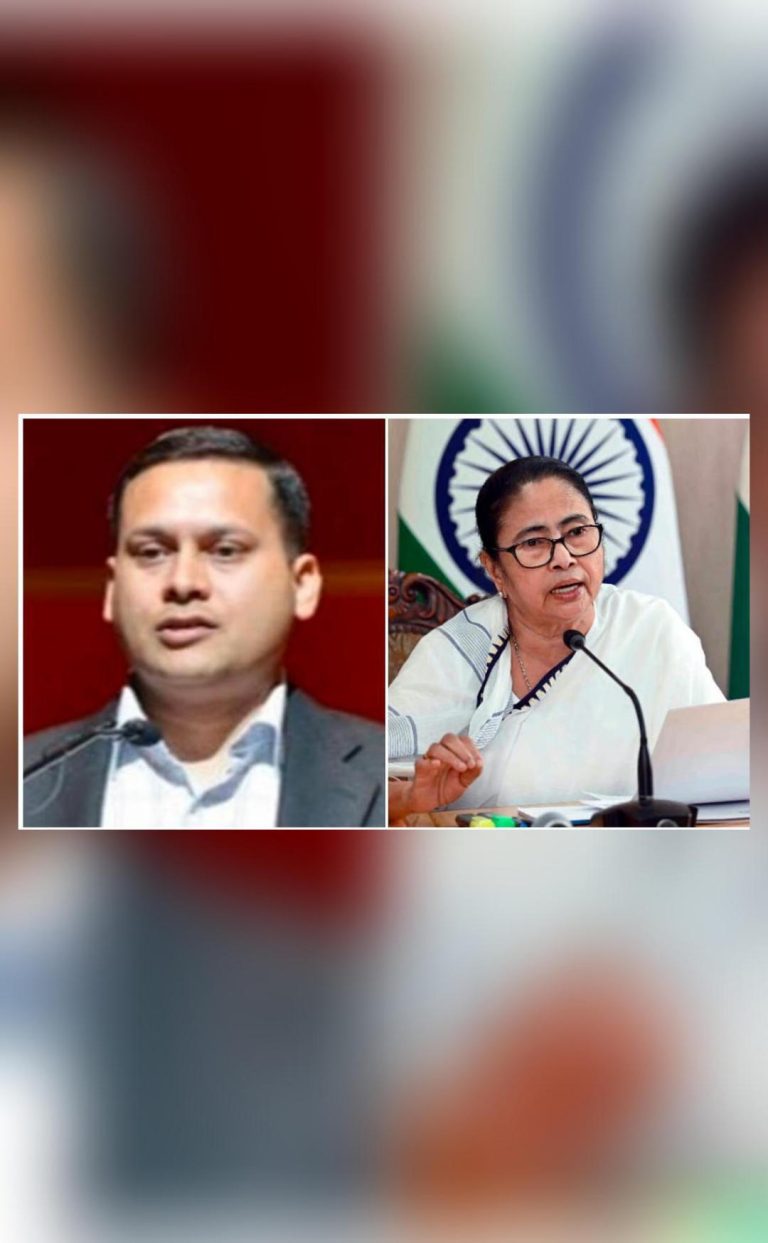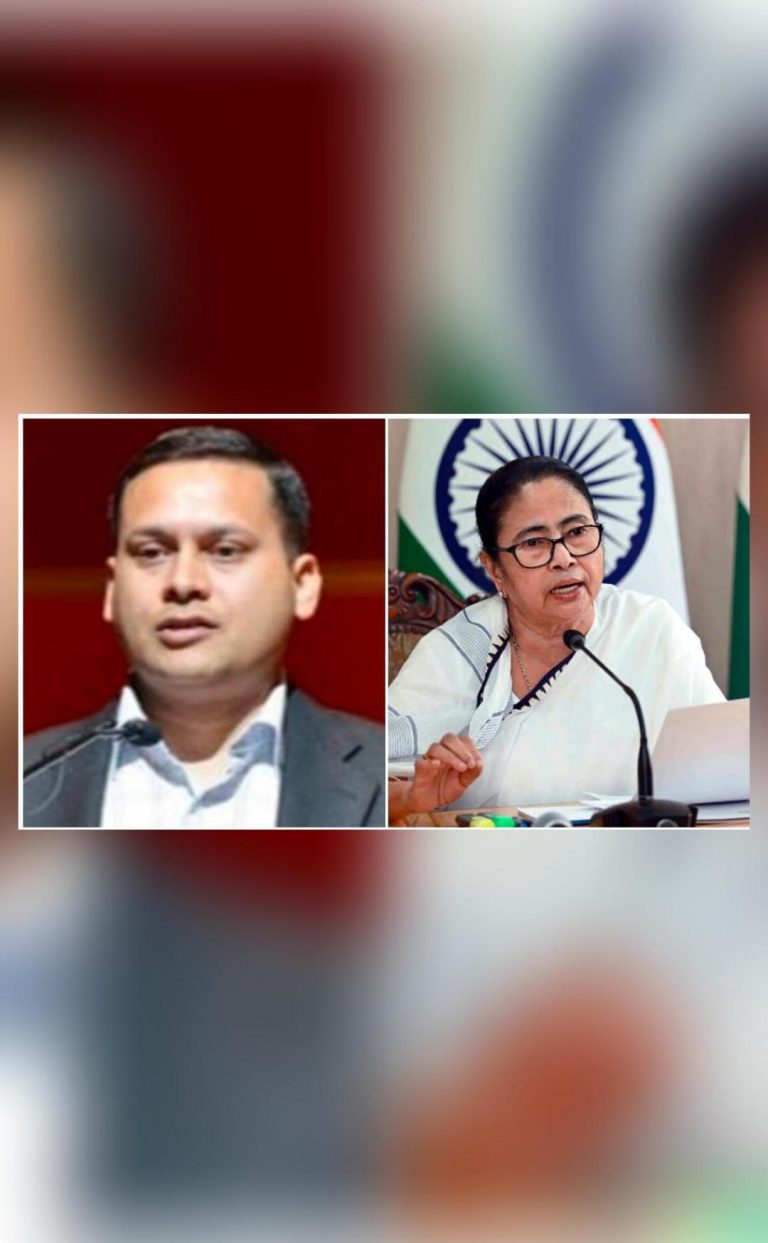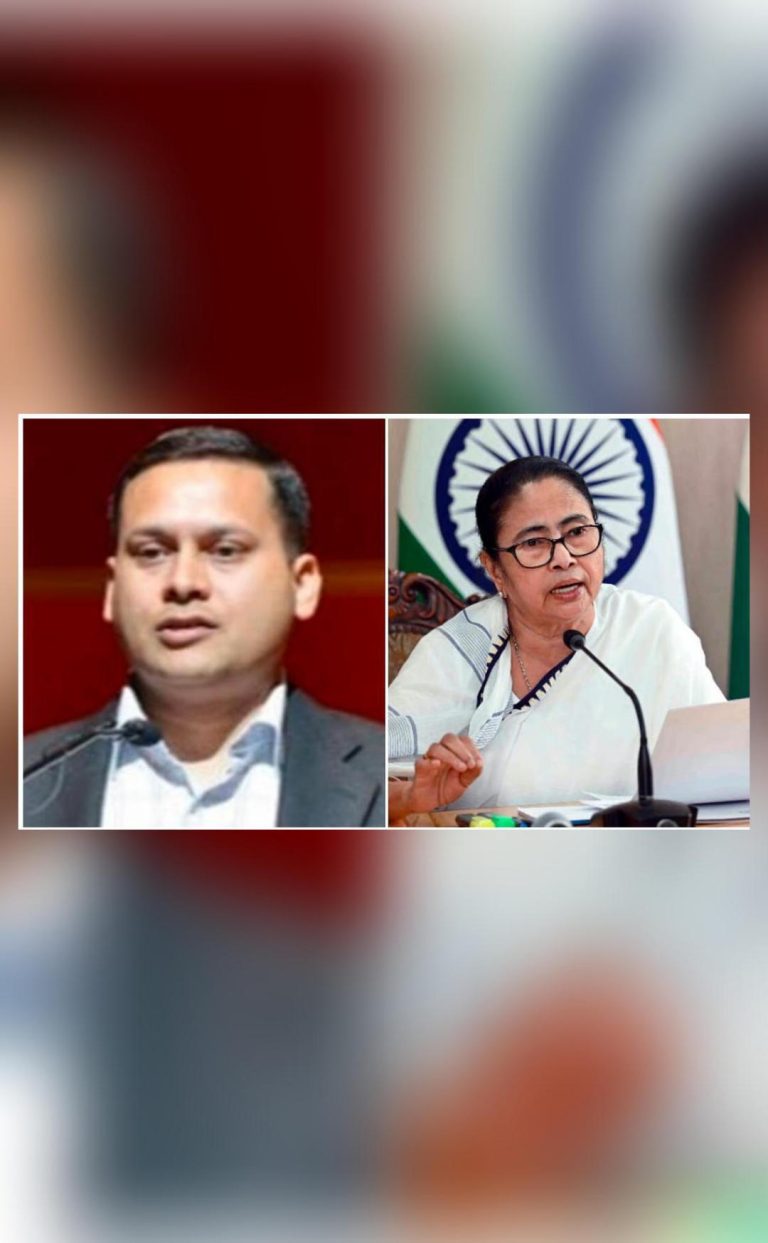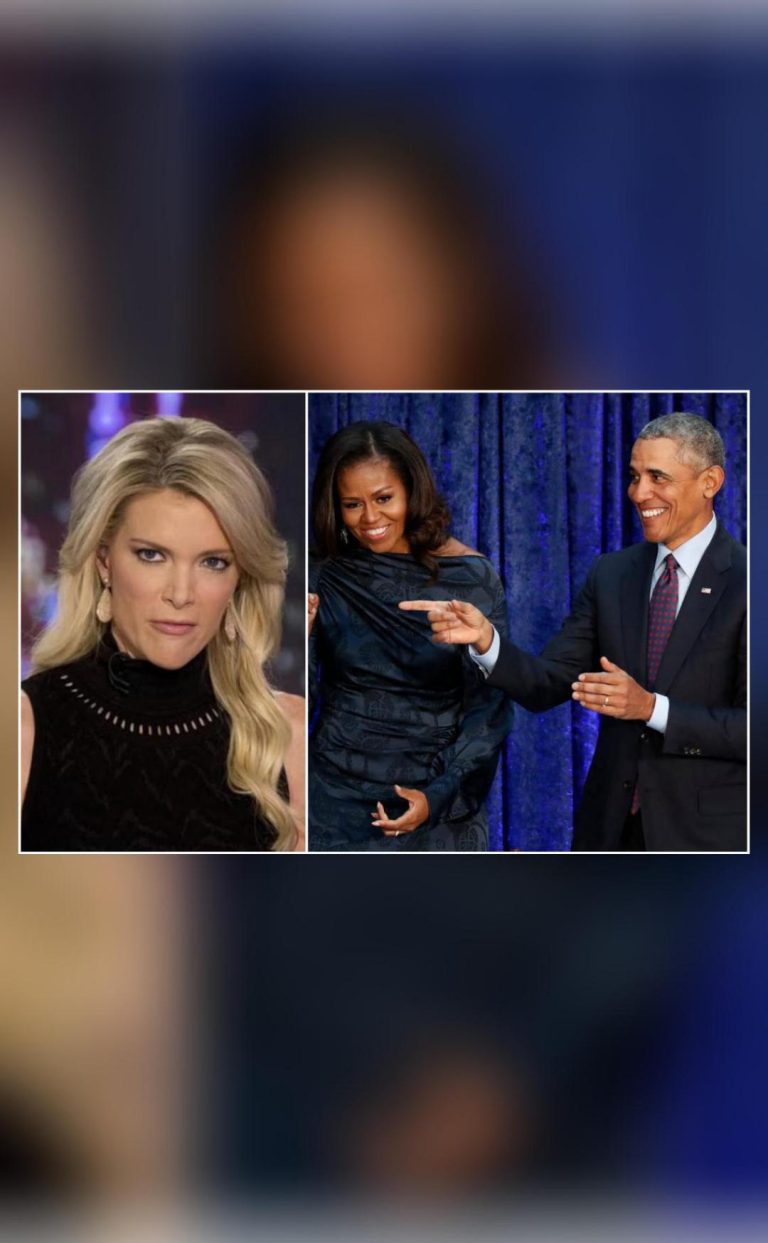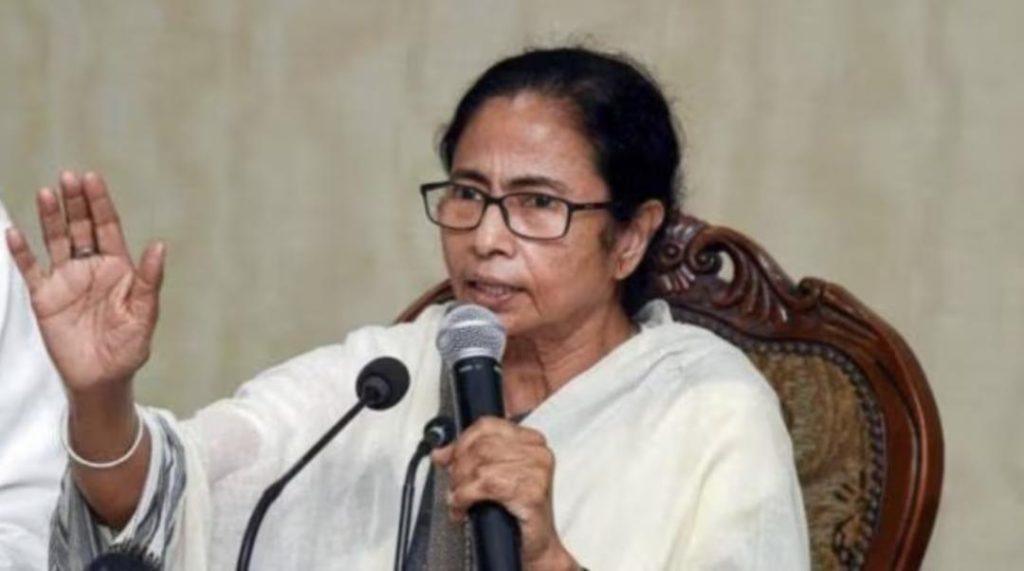
Condemn Nagpur riot, India is known for unity in diversity: Mamata
The recent violence that erupted in Nagpur, India has sparked widespread outrage and concern across the nation. The clashes between two groups of people left several injured and sparked fears of communal tensions. In the midst of this chaos, West Bengal Chief Minister Mamata Banerjee has come forward to condemn the violence and emphasize the importance of unity in diversity.
Speaking to the media on Thursday, Banerjee strongly condemned the Nagpur violence, saying that India is known for its “unity in diversity”. She added that the country’s strength lies in its ability to coexist with people from different backgrounds, cultures, and religions. “After the demolition of Babri Masjid, I hit the streets to protect communal harmony,” Banerjee recalled, highlighting her commitment to maintaining peace and harmony in the state.
Banerjee’s statement comes at a time when the nation is reeling from the aftermath of the Nagpur violence. The clashes between two groups of people, reportedly over a land dispute, left several injured and sparked fears of communal tensions. The violence has also sparked widespread outrage and condemnation from politicians, civil society organizations, and ordinary citizens across the country.
While Banerjee did not make a detailed statement on the violence, she did express her disappointment and concern over the incidents. She also refrained from making any direct comments on the Shiv Sena (UBT) leader Uddhav Thackeray’s statement on the issue, saying that he would likely comment on the situation.
Banerjee’s emphasis on unity in diversity is a timely reminder of the importance of maintaining peace and harmony in a country as diverse as India. The country’s strength lies in its ability to coexist with people from different backgrounds, cultures, and religions. The recent violence in Nagpur is a stark reminder of the challenges that the country faces in maintaining this unity.
The demolition of the Babri Masjid in 1992 was a turning point in Indian history, marking a significant escalation in communal tensions in the country. The incident sparked widespread outrage and protests across the country, with many calling for calm and an end to the violence.
Banerjee’s involvement in the protests against the demolition of the Babri Masjid was a significant moment in her political career. At the time, she was a young leader who was still finding her footing in politics. Her decision to hit the streets and protest against the demolition of the mosque was a bold move that showcased her commitment to maintaining peace and harmony in the state.
In the years since then, Banerjee has continued to be a vocal advocate for communal harmony and unity in diversity. Her government has taken several initiatives to promote peace and harmony in the state, including the establishment of an anti-communal violence cell.
Banerjee’s emphasis on unity in diversity is not just a rhetorical device, but a genuine commitment to maintaining peace and harmony in the state. Her government has taken several initiatives to promote interfaith dialogue and understanding, including the establishment of an interfaith council.
The council, which was established in 2015, brings together representatives from different religious communities to promote dialogue and understanding. The council has held several meetings and events over the years, including a conference on interfaith dialogue and a workshop on promoting harmony and understanding.
Banerjee’s commitment to unity in diversity is not limited to her government’s initiatives. She has also been a vocal advocate for social harmony and has spoken out against instances of communal violence and hate speech. Her message of unity and harmony has resonated with people across the state, who appreciate her commitment to maintaining peace and harmony.
In conclusion, Banerjee’s condemnation of the Nagpur violence and her emphasis on unity in diversity are a timely reminder of the importance of maintaining peace and harmony in a country as diverse as India. Her commitment to promoting social harmony and unity in diversity is a genuine and meaningful effort to maintain peace and harmony in the state. As India continues to grapple with the challenges of communal tensions and violence, Banerjee’s message of unity and harmony is a powerful reminder of the importance of coexistence and understanding.
